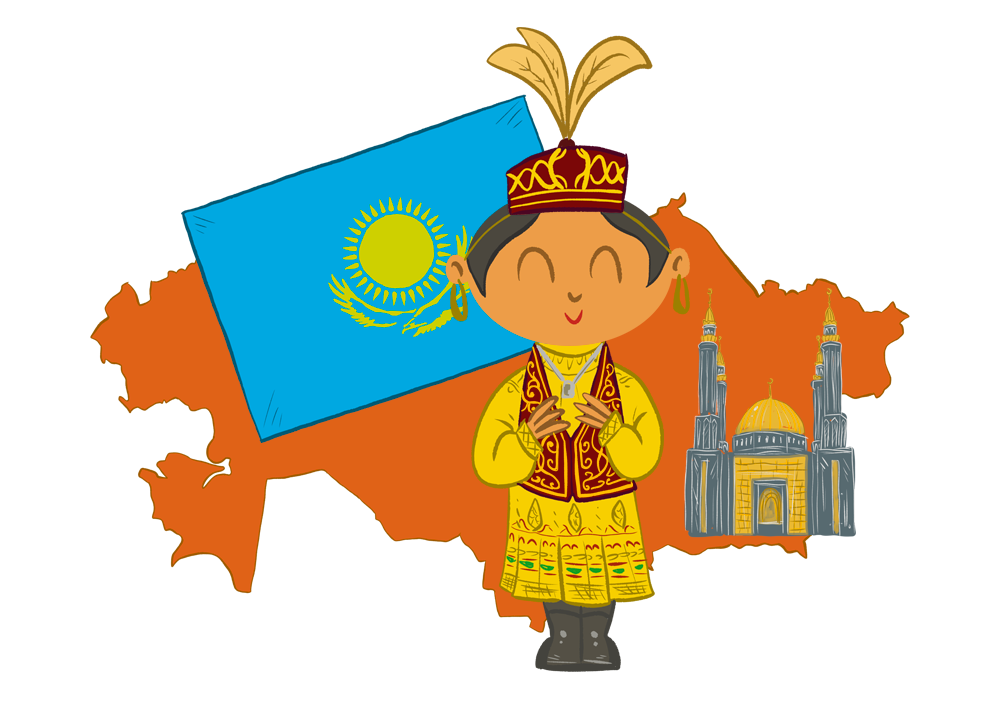No matter where you go in the world—the desert, a major metropolis, a steamy jungle, or even a suburban home—friends and strangers welcome you with food. This inevitable offer of sustenance and refreshments is among our most endearing traits as human beings.
In the United States, we might set out coffee and cookies, or even break out the cocktails and appetizers. But hospitality takes on different guises once you step into other cultures. Much of this revolves around time-honored customs or religious and ethnic traditions. Your hosts mean to put you at ease as they welcome you into their family’s inner sanctums; and your job as a guest is to make them feel comfortable and relaxed, in return.

CHINA
As the guest of honor at a family meal or even in a restaurant, you will be asked to sit facing the door or the best view. Try to deflect this polite gesture by demurring, and graciously attempting to maneuver another person—preferably someone older or with higher social standing—into that seat before giving in.
The ability to gently tussle over the details like this is considered a sign of excellent manners—both in the host and in guest—so always attempt to decline any special treatment before you accept it. You will be served beverages and foods before the others, the best parts of a dish will be passed to you first, and you will soon find your plate filled with the most exquisite delicacies as the people sitting nearby vie to honor you as their guest. The way to respond is with a soft, “No, no, please serve yourself first,” while allowing your hosts to treat you with traditional Chinese graciousness.
Return the favor; that’s the best way to show your own good manners. Top off any teacups and glasses within reach, slide a delectable morsel onto the plate of the people who have been treating you like a favorite grandchild, and always serve others before yourself.
Your host will offer a toast to welcome you by raising a glass or teacup up with both hands level to his or her face while rising up out of a chair. In response, you and your spouse or partner should toast the host couple back within a few minutes, and then toast the rest of the guests, either as individuals or (preferably) as couples.

GREECE
With cuisine this good, it probably comes as no surprise that the Greeks mastered the art of making their guests welcome long ago. Rituals and manners shaped by thousands of years of fine dining have resulted in the glorious hospitality the Greeks call xenia. Zeus had a penchant for taking the form of men whenever he walked among mortals, which is probably why, even today, the Greeks treat strangers with as much graciousness as they would a disguised god.
This being the leisurely Mediterranean way, you are expected to arrive late to dinner, which probably won’t get going until at least 9 p.m. But that will give you plenty of time to work up a ravenous appetite, which is your most important duty as a guest.
Food in Greece is famously delicious, so your second responsibility is to let your hosts know how much you are enjoying it. That is one of the reasons you have to clean your plate—actually wipe it clean with a piece of bread—and then ask for seconds. You will be made to feel so welcome and well fed that, in many ways, dining with Greek friends is like eating with your extended family (if your mother also happens to be one very amazing cook). When you are finally bursting, place your napkin next to your spotless plate to signal you don’t want any more—but do expect to be offered a strong cup of coffee and a long, leisurely chat at the table before you finally force yourself to leave.

KAZAKHSTAN
Central Asia is a land of windswept grassy steppes and bighearted nomadic peoples. We rarely hear of Kazakhstan, but this large and mostly Muslim nation lies at the intersection of a number of cultural influences that range from Russia to China, and from Persia to Mongolia.
You are welcomed into a Kazakh home much like you are throughout the rest of Central Asia: with fresh black tea served from ornate pots and round loaves of crusty hot bread broken apart as they are served. The ritualistic Kazakh tea ceremony allows for only a respectful splash in lipped saucers called kasirs, in order to ensure that every sip is pleasantly hot.
Since guests are considered Allah’s envoys, hospitality is an almost sacred duty to these generous people. As a result, you will invariably be served the tastiest food they have to offer. Pilaf will most likely be on the menu, as well as the boiled mutton or a horse dish known as besbarmak—or “five fingers,” as you eat it with your hands once your host rips it into chunks. If you are particularly lucky, you will be given the place of honor and a cooked sheep’s head, which can then be ceremoniously divided among fellow diners.
According to the tradition known as konakkade, your host may ask you to sing a song or play an instrument during the feast—so, pack your harmonica. It’s a small price to pay for eating in a timeless land with some of the most generous people on the planet.

ETHIOPIA
Dining in a home overseas is an intimate act. No matter where this happens, you are entering a private domain normally closed to outsiders. This must be why food is invariably offered the world over as an unmistakable sign of welcome. Few places, though, are as adept as Ethiopians at the gentle art of literally feeding their guests.
When you sit down to a traditional dinner in the Horn of Africa, you first rinse your hands at the table, since no utensils are used. Instead, you will usually hold a small swath of supple injera bread with the fingers of your right hand, and then use this to pluck up the stewed foods called wot from a communal plate.
If you are fortunate enough to dine with Ethiopian friends, you might be invited to take part in the lovely tradition called gursa, where your host or hostess graciously places one of these parcels in your mouth. Smile appreciatively at this privilege, for it truly is an honor of no small magnitude, and then return the favor by serving them too. Feed yourself small bites so as to not appear greedy, but relax in the knowledge that you will fill up quickly, for gursa helpings are always sized quite generously.
Ethiopia is celebrated for its coffee, and most meals and get-togethers will include strong, sweet cups of the country’s justly famous brew. Sip this aromatic elixir slowly at the end of your meal, and then rinse your hands once again before thanking your hosts, these amiably attentive emissaries of a gracious and ancient land.

SAMOA
With its swaying palm trees and white sands, Samoa is the embodiment of a Polynesian paradise. The people here abide by a 3,000-year-old culture that manages to advocate lovely twists on fine dining, along with rich snacks like palusami (coconut cream steamed in taro leaves), or the heavenly doughnut holes known as panikeke. But, as any Samoan child will tell you, if you are fortunate enough to be invited into the home of a friend, you should cover your legs when you sit on the floor and serve yourself only when invited to do so.
Unlike many places where second or third helpings are a sign of good manners, on these islands you should serve yourself whatever you plan to finish during that meal—sampling a bit of everything your hosts offers—and not go back for seconds. Also, be sure not to bring a gift of food to a Samoan dinner, for this suggests you fear leaving the table hungry.
Table banter is a treasured talent in the West, but on these islands no conversation should distract from the delicious flavors on your plate—like pork and vegetables, steamed-baked in an underground umu. While you certainly won’t be rushed, your hosts will most likely not begin eating until you’ve stopped—hence the silence. So be sure to pace yourself with other guests. Then, toast these fine people with a glass of the local kava before walking home beneath a velvet night sky.







Our comments section is for members only.
Join today to gain exclusive access.